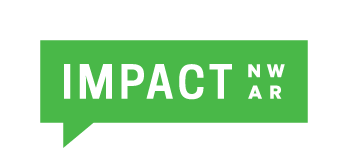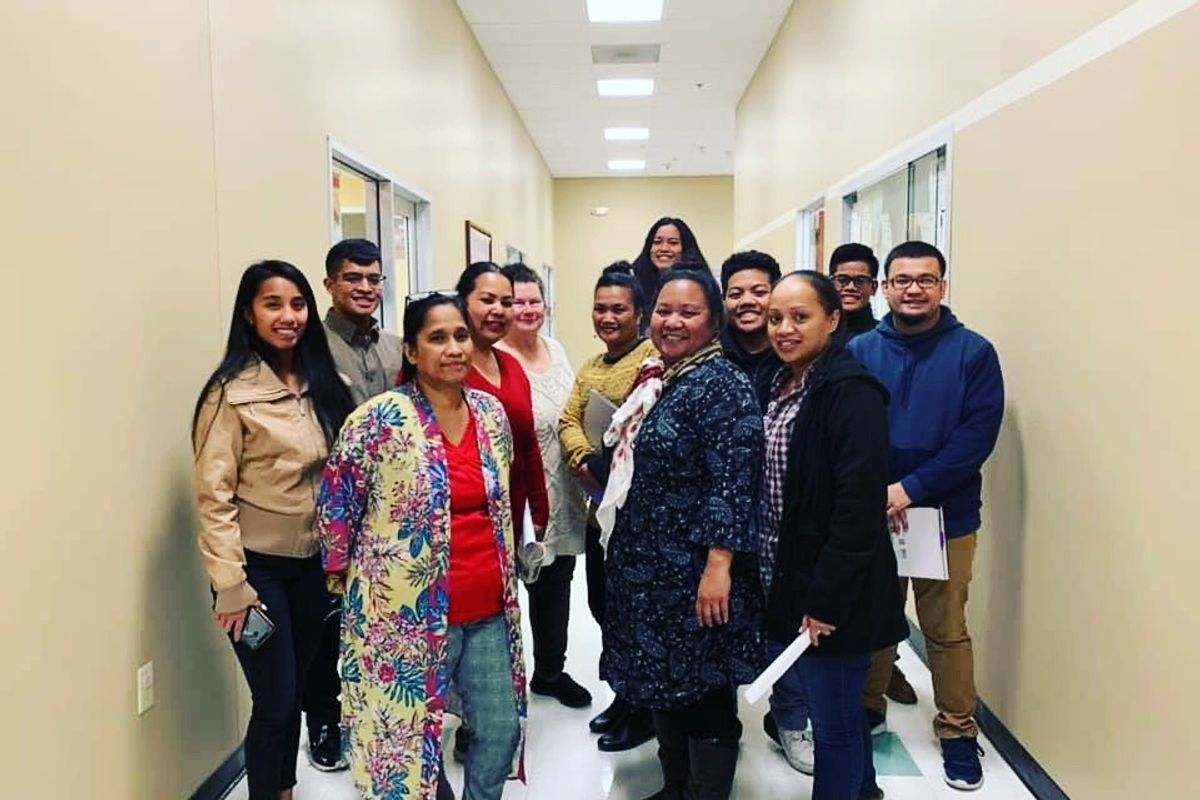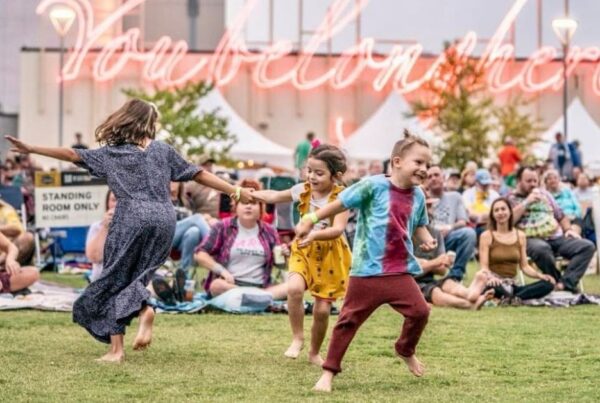The Arkansas Coalition of Marshallese is dedicated to improve the quality of life for the Marshallese communities.
The face of Northwest Arkansas has been steadily changing over the years. A large number of people from different cultures are making Northwest Arkansas their home away from home.They are enriching and revitalizing the region by creating a more diverse community. However, immigrant families face a multitude of challenges and often need help to fully integrate into the community. There are organizations which aim to give these folks a helping hand to connect them with resources that are available to them. One such organization is the Arkansas Coalition of Marshallese (ACOM), a non-profit organization dedicated to helping the Marshallese community in Northwest Arkansas.
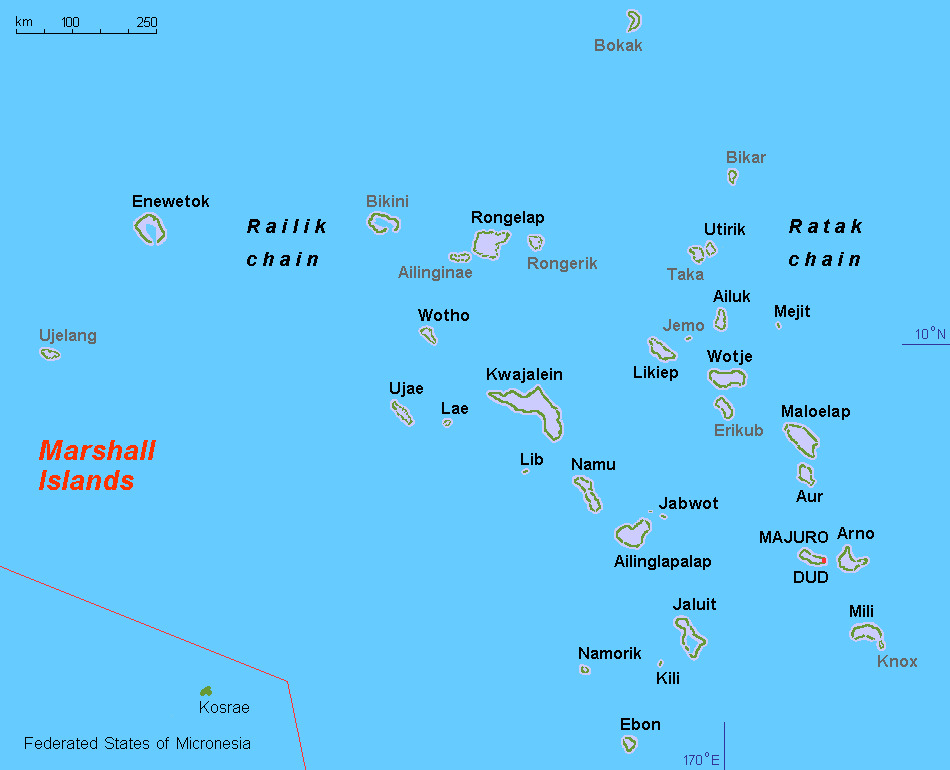
Most Marshallese Americans live in Hawaii and Northwest Arkansas, mainly in Springdale, where approximately 4,500 to 6,500 Marshallese people reside. Their country of origin is the Republic of the Marshall Islands, an island country that is also an associated state of the United States and a part of its political territory. This country belongs to the large island cluster of Micronesia composed of thousands of small islands in the western Pacific Ocean, in a subregion of Oceania. The Marshallese speak Ebon, the chief Micronesian language used throughout the Marshall Islands by approximately 44,000 persons.
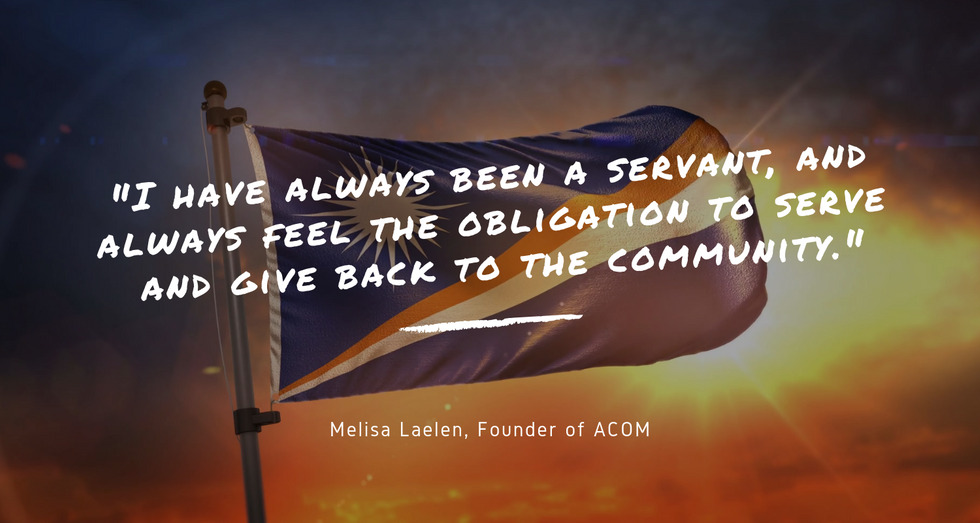
Melisa Laelan, a Marshallese native, is the founder of ACOM, which is located in the Jones Center’s facilities in Springdale. ACOM is a charitable organization serving around 300 to 700 Marshallese. “Our mission with [the Arkansas Coalition of] Marshallese is to aspire to growth through health, education, leadership, culture, integrity, and commitment to the community,” says Laelan. This organization attends to the needs of both Marshallese and non-Marshallese communities, though Laelan states that, “because we are Marshallese natives, we tend to serve Marshallese more. We are pretty much a resource available for the Marshallese community to reach out to.” Lealan sees her work in ACOM as a calling: “I have always been a servant, and always feel the obligation to serve and give back to the community. I think in terms of the Marshallese community: ‘I owe it to them […] to serve well.'”
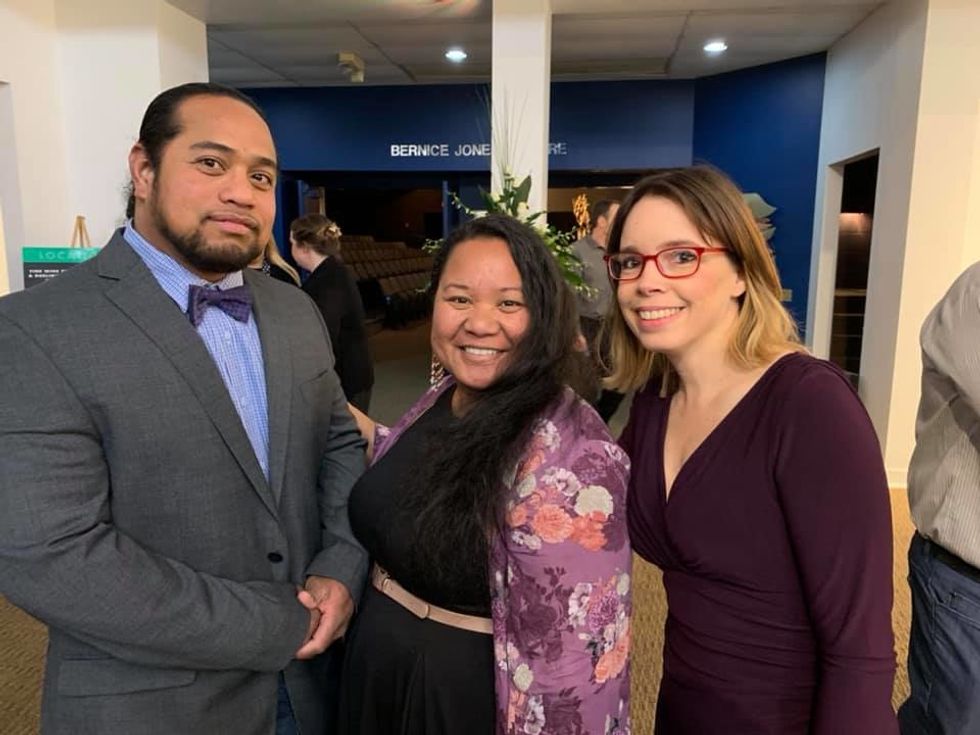
Promoting a Healthy Lifestyle and Preventing Diabetes
The biggest program ACOM is running right now is Pacific Islander Diabetes Prevention program. Through this program, ACOM is trying to help people at risk of diabetes prevent this illness by connecting with them: “the message […] is: ‘All you need is someone like a lifestyle coach that is around you for you to be motivated—to do more exercise, physical activity—and also for you to follow through with certain habits like eating healthy.’ So in that we provide education to help these folks, who are at risk, to prevent diabetes.” Lealan’s drive to empower people to live healthier is deeply personal; all of her work in ACOM is connected to her mother: “She passed away from diabetes. We had a very hard time connecting her to places [and health plans], and on top of that I had no clue what diabetes is. We didn’t have a place to go. And in my head I’m thinking: ‘Why can’t we have an education program that is in Marshallese provided by Marshallese?’ I think that was my eye-opener and really gave me the kick to do all of these things—was my mother.”
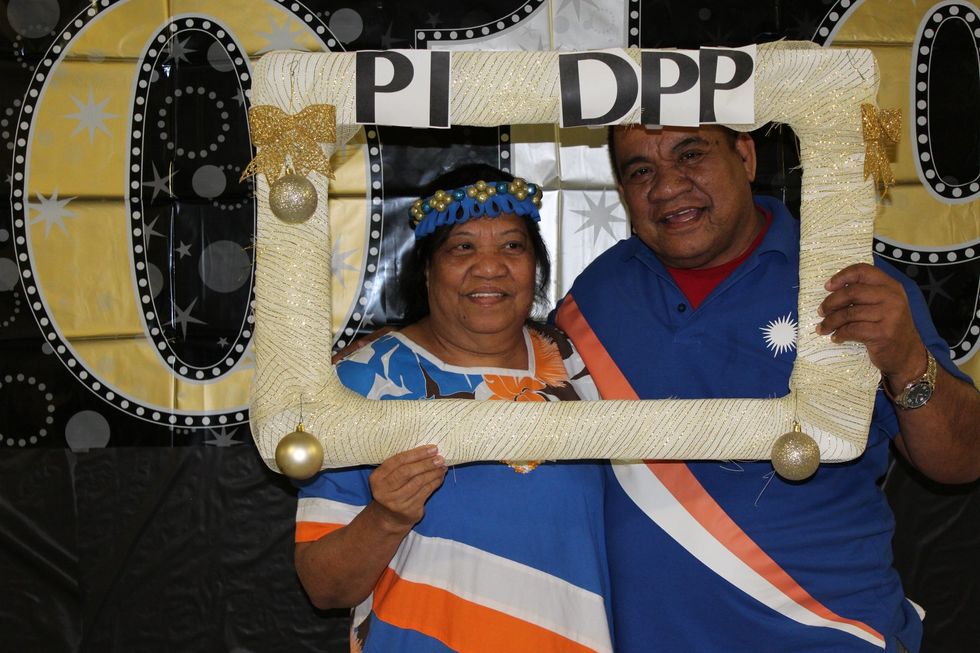
Pacific Islander Diabetes Prevention Program Celebration
To encourage a healthy lifestyle, ACOM offers weekly education classes, zumba classes, and walkathons. ACOM is also creating programs that address the mental health of the Marshallese, as they invest in mental health research to determine the best ways to help folks according to their cultural susceptibilities.
Giving People the Tools for Self-Sufficiency
ACOM is also involved in helping Marshallese in updating their documentation, because otherwise the people they service cannot get access to Medicaid or apply to many other of the available programs. This is why most of the educational services ACOM offers are geared toward helping Marshallese families update their documentation. For example, they provide a monthly driver’s education class in Ebon—the Marshallese native language. They also take care of any other documents that might be needed for obtaining a driver’s permit—documents many of which have expired or are lost, like passports, I-94 forms, and birth certificates. “We needed to create something that might serve all these needs,” Laelan says. “We thought: ‘let’s combine all of these services that we know our people need’.”
ACOM provides financial literacy programs, too. In partnership with Credit Counseling of Arkansas (CCOA), they’ve been able to educate Marshallese and non-Marshallese communities; in their meetings, they discuss budgeting, home-buying, credit, and the like. Additionally, they offer a children’s savings account program—a resource for families if they ever want to contribute to their child’s future.
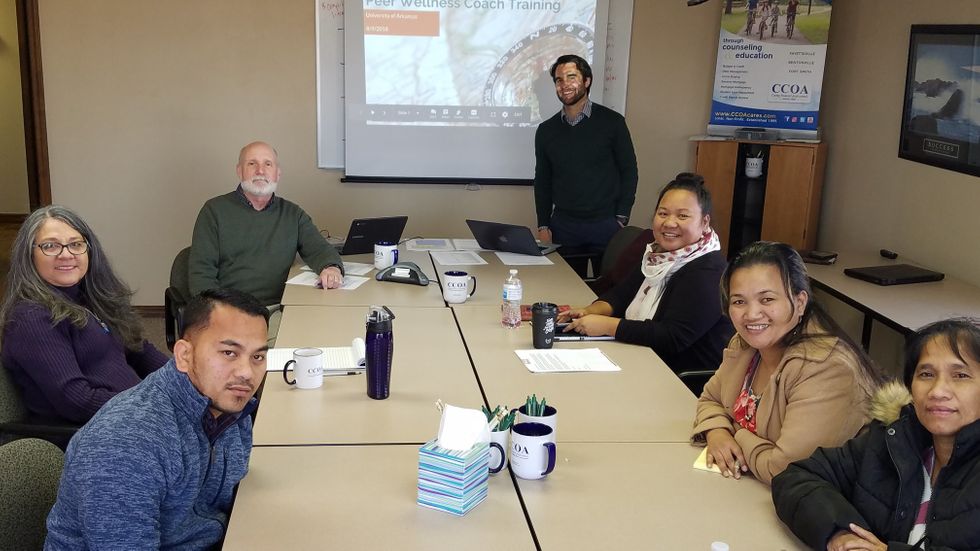
Financial Literacy partnership with CCOA
Creating Leaders in the Community
ACOM is involved with civic engagement on multiple fronts. To get the younger members of the community interested in policy making, they take Marshallese kids to the Capitol so they can get involved with lawmakers; they can be on the floor with them and learn about the process, how bills are passed, and how they are voted on.
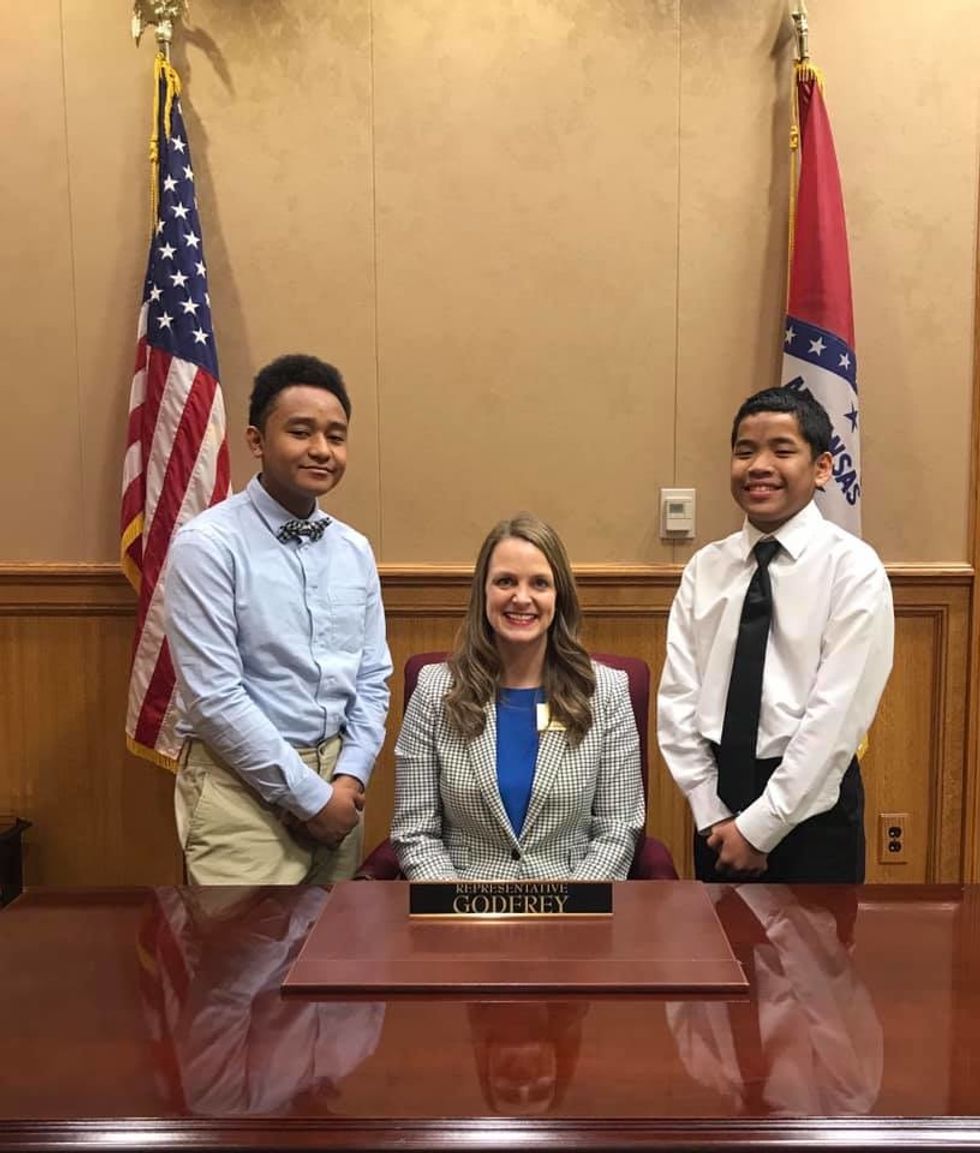
ACOM recently received funding to start a youth-mentorship and tutoring program. This program has been developed in partnership with the University of Arkansas Math Department, and its goal is to “mentor the young generation to build them to be leaders in the future.”
Besides this, they’ve also received funding for the development of a commerce-orientation program, which will function as a resource to service providers on a monthly basis. These providers are non-Marshallese—the general public. ACOM teaches these providers about Marshallese language and culture, which are in high demand: providers reach out to ACOM asking them for talks about the Marshallese culture and history on a monthly basis: “The idea [of offering classes to providers] came to us because we were contacted by many providers interested in learning the language. It will be non-funded, voluntary,” says Lealan.
Zion and Manini (8th graders) recently visited the Arkansas State Capitol to engage lawmakers during the legislative session.
Years to Come
ACOM has been selected as a grantee of the TRUE Northwest Arkansas UPLIFT Program which has allowed Lealan to work full time there as an executive director. She says that with this grant they will be able to form a stronger staff initiative. Lealan hopes to see ACOM throughout the state of Arkansas, and perhaps outside of the state of Arkansas within the next ten years. She thinks the organization has the potential to reach a wider community: “It doesn’t need to be Marshallese; it could be Micronesian. That’s the region in the Pacific we fall under that covers Marshall Islands. And we have other neighbors […] They are all over the United States. So I do see this as a resource for everyone that falls under that [region]” says Laelan.
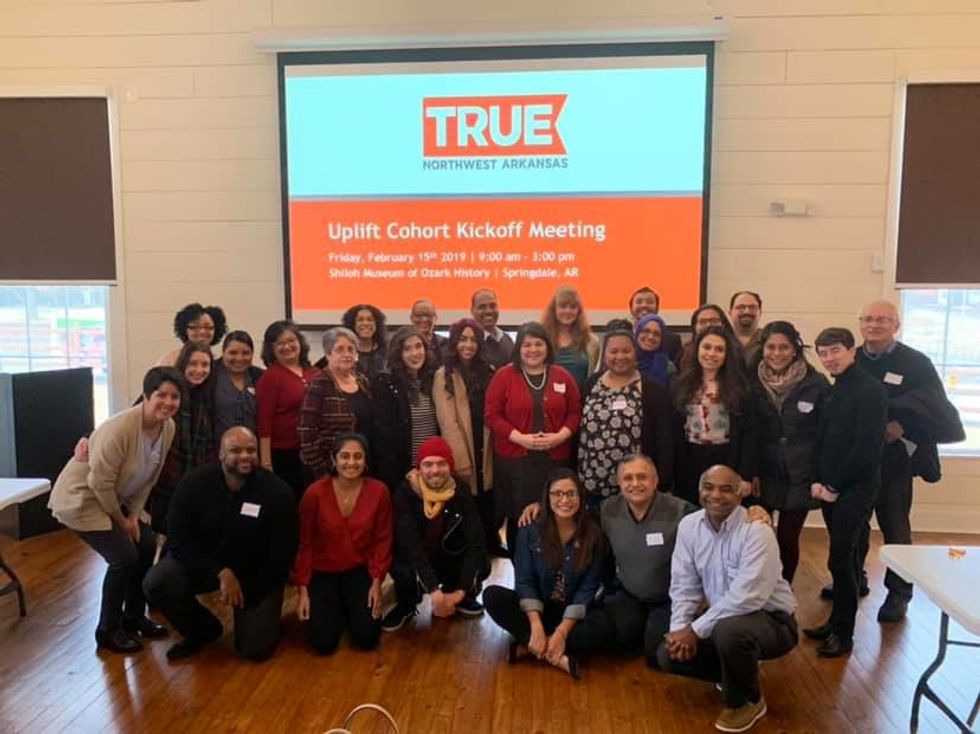
The path towards fully gaining access to resources and opportunities is not easy for immigrant families, even if they are residents of associated states of the US. Organizations like ACOM are invaluable for people who otherwise might not be given a fair shot by the system. Even ordinary things that a lot of us take for granted—access to healthcare or getting a driver’s license—can be difficult without some kind of help. That is why initiatives like ACOM strive to empower people like the Marshallese community to gain equal opportunity and become self-sufficient, so they can improve their quality of life and become fully integrated into the Northwest Arkansas community.
Connect with ACOM
Striving to Better Lives
ACOM’s vision is to serve as a resource for Marshallese families so that they can have a better tomorrow by becoming self-sufficient: “We empower them, and by empowering them with these resources, we hope that they’ll utilize them to self-sustain, to become independent,” Lealan states. She sees the idea behind running these programs as helping families increase their quality of life: “20 years from now, the idea is not only to guide [Marshallese families] but also to empower them to ensure that they have equal access to programs. Once they do that and feel empowered, they’re gonna be self-sufficient and be able to do everything on their own. And hopefully this office won’t be around.” Laelan’s wish is for ACOM’s services to one day no longer be required, as this would be a sign that the Marshallese community has been successfully integrated into the region.
The core value of this initiative is commitment; Laelan says, “even our staff stays overtime for free and [they] volunteer because they understand the work needs to be done.” Partnership is another core value of the organization since none of the work ACOM does could be achieved without the help and support of the Northwest Arkansas community: “[our] partners are both from the Marshallese and the non-Marshallese community. We have received so much support from our friends outside of the Marshallese community.”
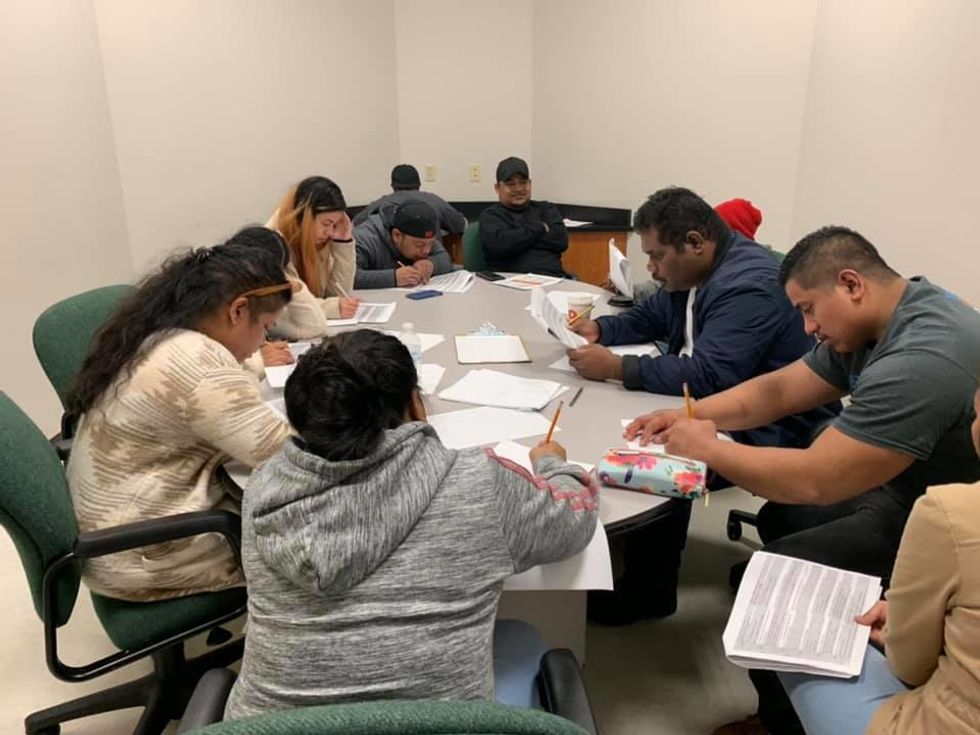
Laelan feels that the impact of the organization on the Marshallese community has been tremendous: “Simply helping someone to get a driver’s license—it’s a big deal. To me it’s a big deal. Within a year and a half alone, we’ve touched 150 lives that were able to get their driver’s license.” ACOM has also been instrumental in helping families obtain access to health care: “That’s a big, big accomplishment.”
Driver’s Safety Education Course
